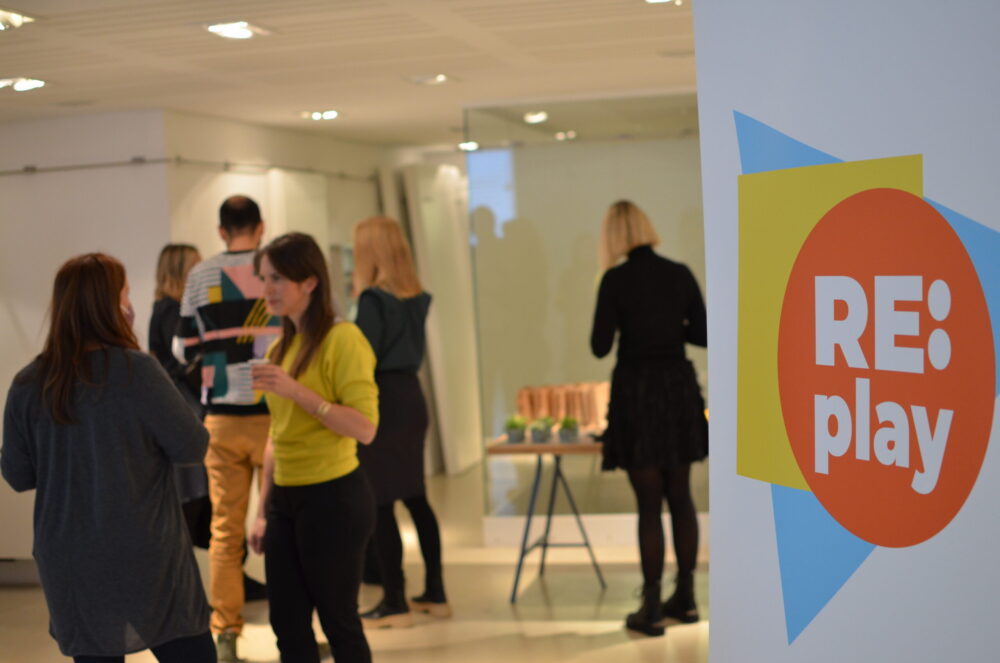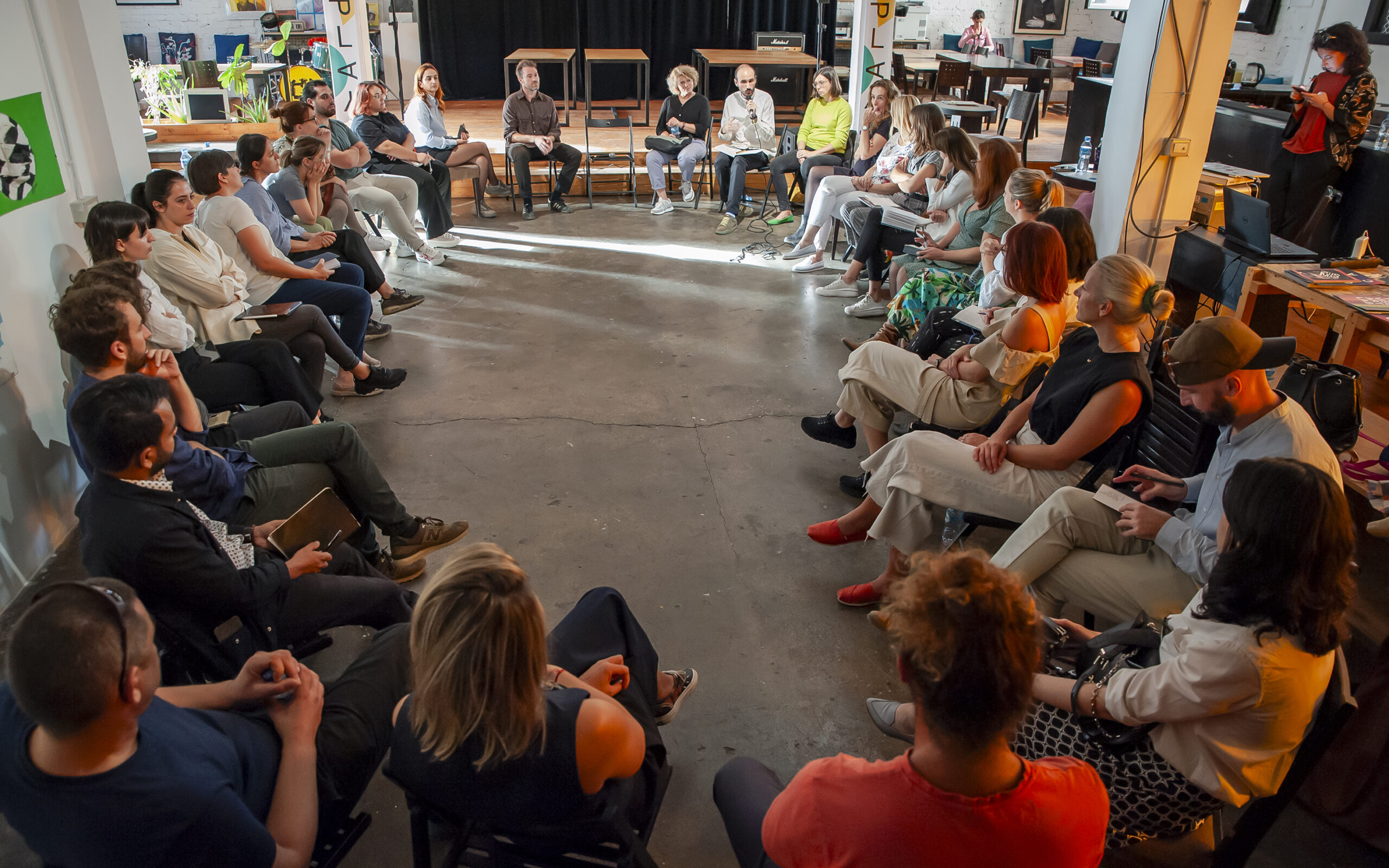
Project partners at the Zagreb meeting (Photo by Ivana Štuka)
The EU is financing the return of nature to children’s playgrounds in Slovenia, Croatia, Serbia, Montenegro and Albania.
RE:PLAY (Redesigning playscapes with children in the Western Balkans) is the European Union’s project with a total value of nearly 500 thousand euros, which aims to redesign children’s playgrounds with children as the main drivers of the project, not only in Croatia but also in four neighbouring countries of the Western Balkans. One of the main features of such European Union projects is the cooperation of partners from the Western Balkans, which in this case brought together: Slovenia (Association “Pazi! Park” as project manager), Croatia (Creative Landscapes), Serbia (Association “Škograd”), Montenegro (Gradionica) and Albania (Qendra Marredhenie). Through cooperation and exchange of experiences of their countries, the RE:PLAY partners want to emphasize the importance of creating spaces for children to play spontaneously and feel free.
The project partner representing Croatia is the office of landscape architecture, Kreativni krajobrazi (Creative Landscapes), led by Kaja Šprljan Bušić and Iva Šimić Erjavec, who already have one similar project behind them within the programme funded by the Croatian Ministry of Culture and Media “Ruksak pun kulture” (“Backpack full of culture”).
All partners of the RE:PLAY project visited Zagreb at the beginning of November, where they learned about examples of good practices in Zagreb. They visited Travno Elementary School, which has a long practice of nurturing environmental and recreational values that are manifested through the bicycle polygon, a successful project of cooperation between the City of Zagreb, HAC (Croatian Automobile Club) and the school where traffic behaviour competitions are held. In their school yard they also have a traditional orchard, urban vegetable garden and outdoor classroom which came to life in full swing during the Covid-19 pandemic.
Second school visited was Waldorf School in Zagreb, which curriculum fosters a participatory approach where children and often their parents are involved in all environmental activities and projects implemented by the school, which provides children with valuable knowledge and a great stepping stone for life. “We testify the importance of continuous transformation of the school yard by their pupils. Each generation, with its specific sensibility, fields of interest and expression, recreates the space around them. This mechanism strengthens them and their imagination and ability to independently create living conditions through play. “, architect Mirjana Utvić from the association Škograd from Belgrade shared her thoughts.
At the House of Architecture ‘Oris’, project partners had the opportunity to learn from seminars held by experts in the field of landscape architecture, kinesiology and pedagogy. They brought them closer to the importance of interdisciplinarity and how much we can learn from children if approached properly.
“Observing children in public space, we learn again that the most common objects that we call play equipment are not the subject of their interest, at least not in the long run, but a small hill, conceived as a landscape in a small scale, a sloping wall depicting an architectural expression becomes an object of interest and a space for free natural play. That is why the RE:PLAY project is about creating a playscape, not a playground “, concluded the architects from the Škograd association.


